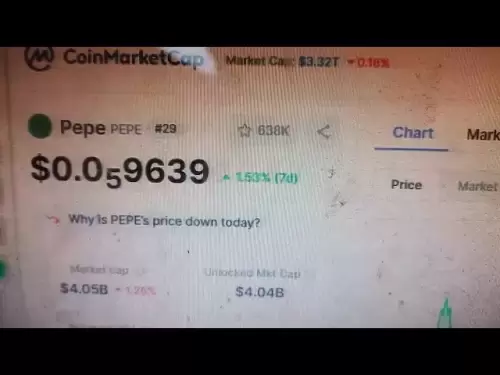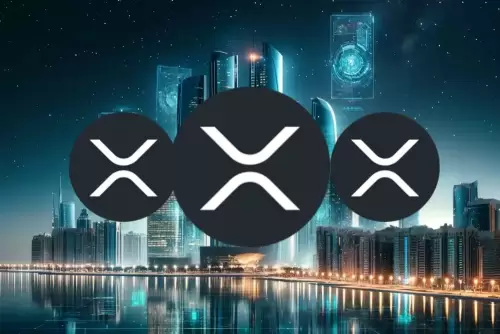Bybit faces GST implementation and service adjustments in India amidst evolving crypto regulations, impacting users and shaping the future of digital asset adoption.

Alright, crypto enthusiasts, let's dive into the latest buzz surrounding crypto users, GST, and Bybit. India's crypto landscape is undergoing some serious shifts, and it's time to break down what's happening.
GST Hits Bybit Users in India
Bybit is now implementing an 18% Goods and Services Tax (GST) for Indian crypto traders. Starting July 7, 2025, this tax impacts various services and trading fees. Spot trading, margin trading, derivatives, fiat transactions, and even crypto withdrawals will all see deductions. For example, selling 1 BTC at 100,000 USDT now nets you 99,882 USDT after fees and GST. Ouch!
Service Shutdowns and Adjustments
In addition to the GST, Bybit is also disabling several services in India, effective July 9. Legacy crypto loans, the Bybit card, and certain trading bots (Spot Grid, DCA, and Futures Combo) are getting the axe. Cardholders, take note: new transactions will be blocked by July 17, and outstanding loans will be auto-repaid.
Why the Changes?
These adjustments reflect Bybit’s efforts to comply with India's evolving regulatory framework. However, some crypto advocates worry that these rising tax burdens could stifle the growth of India’s crypto economy and discourage long-term adoption. It's a delicate balance between regulation and innovation.
Mastercard's Crypto Moves
While Bybit is navigating tax implications, Mastercard is making moves to bridge the gap between traditional finance and crypto. In partnership with Chainlink, Mastercard now allows its 3 billion cardholders to buy cryptocurrencies directly on-chain. This integration streamlines the process, making crypto more accessible to the masses.
The Bigger Picture
These developments highlight the ongoing evolution of the crypto space. On one hand, we see increased regulation and taxation impacting crypto exchanges like Bybit. On the other, we see traditional financial giants like Mastercard embracing crypto and stablecoins, paving the way for broader adoption.
Looking Ahead
It's clear that the crypto landscape is constantly changing. While regulatory hurdles and tax implications can be a drag, the increasing involvement of major players like Mastercard signals a growing acceptance of digital assets. Keep an eye on these trends, and stay informed!
So, what's the takeaway? Navigating the crypto world requires staying adaptable and informed. Whether it's GST implications on Bybit or Mastercard's latest crypto integrations, there's always something new to learn. Keep your eyes peeled and your wits about you, and who knows? Maybe you'll be the one writing the next chapter in this crypto saga.














































































